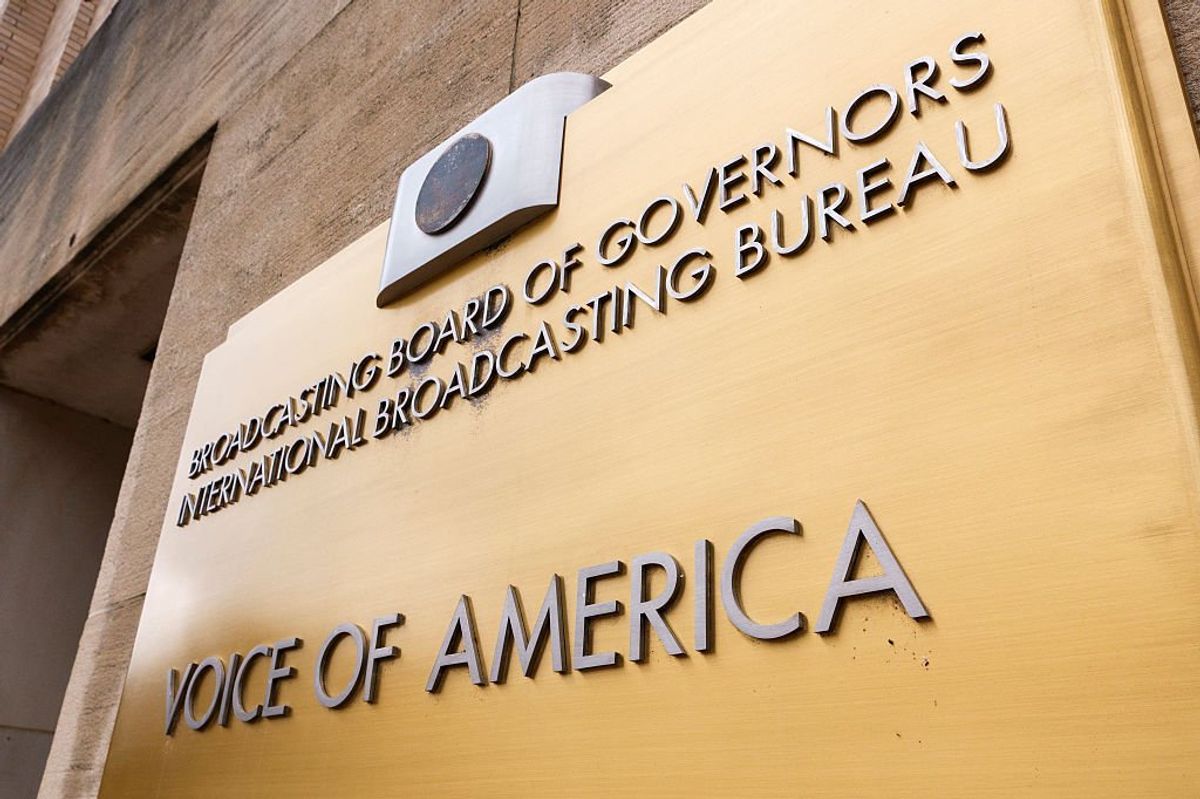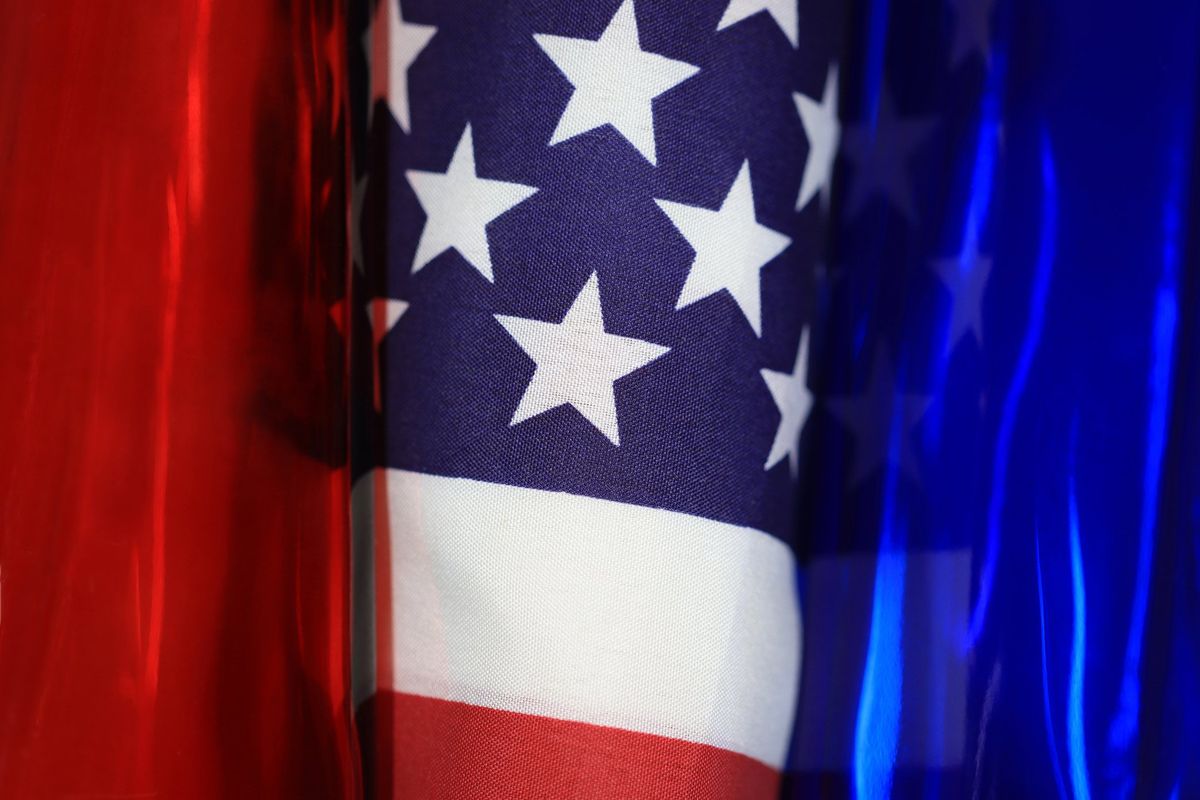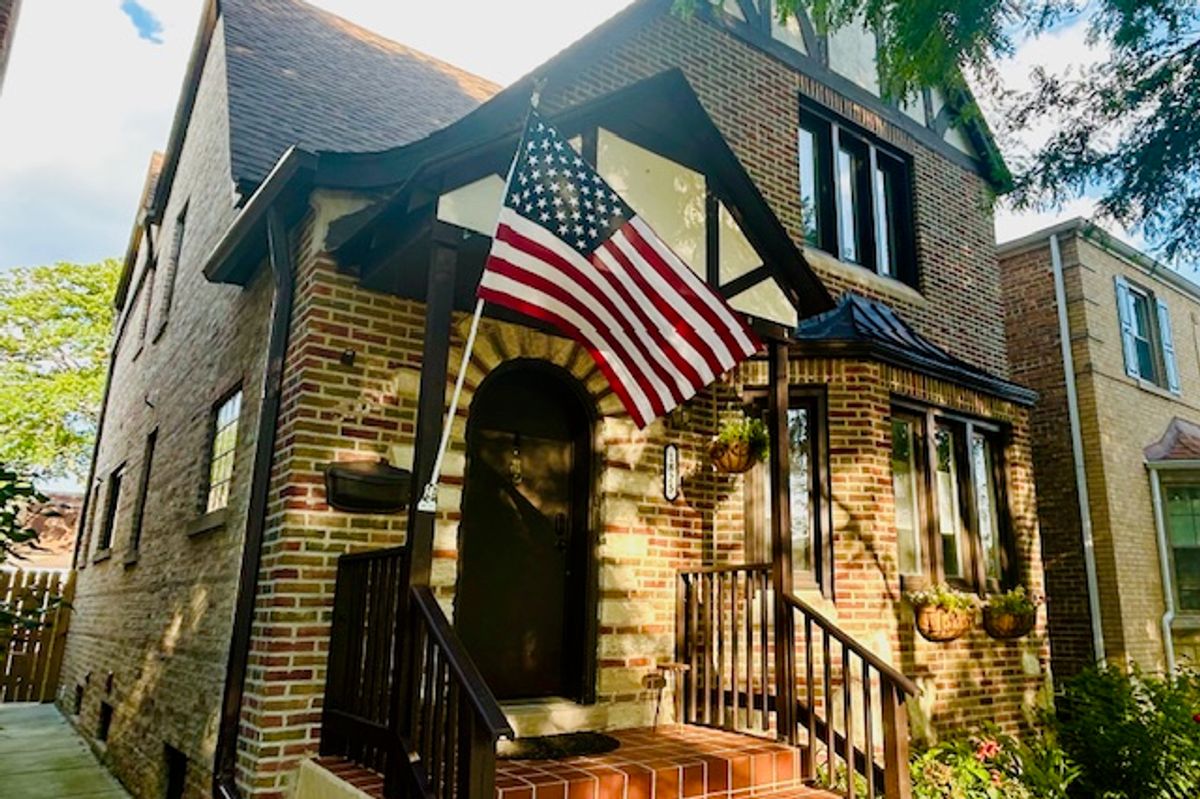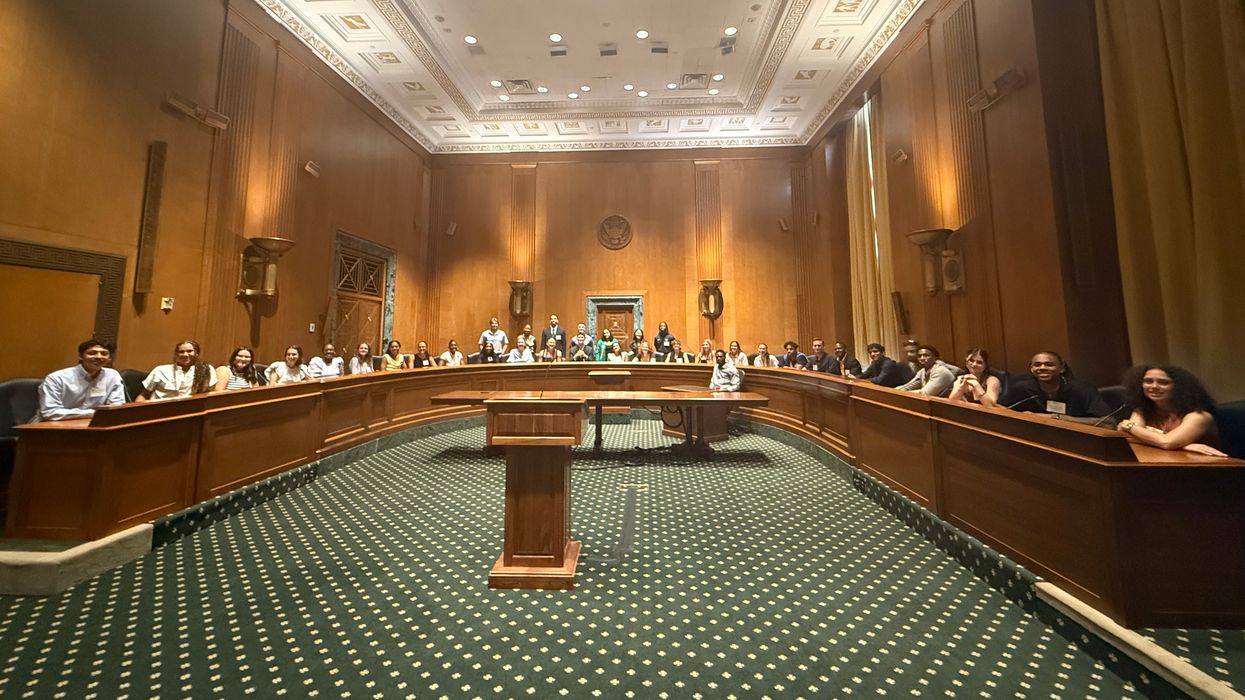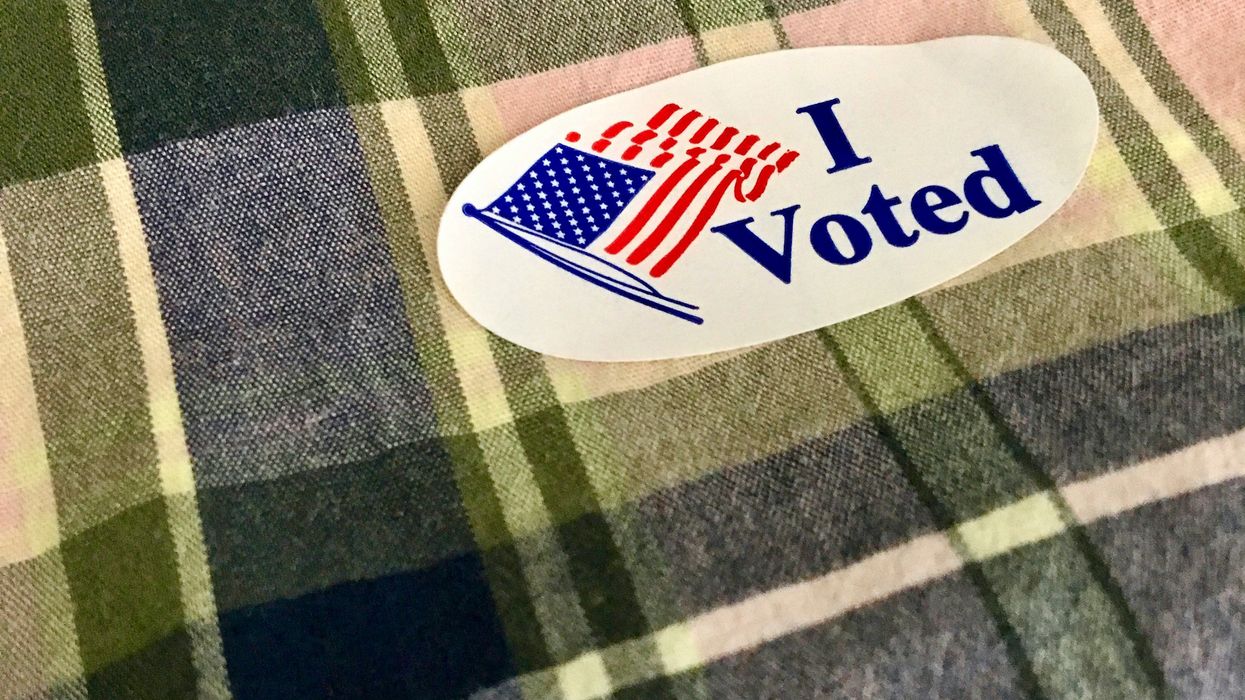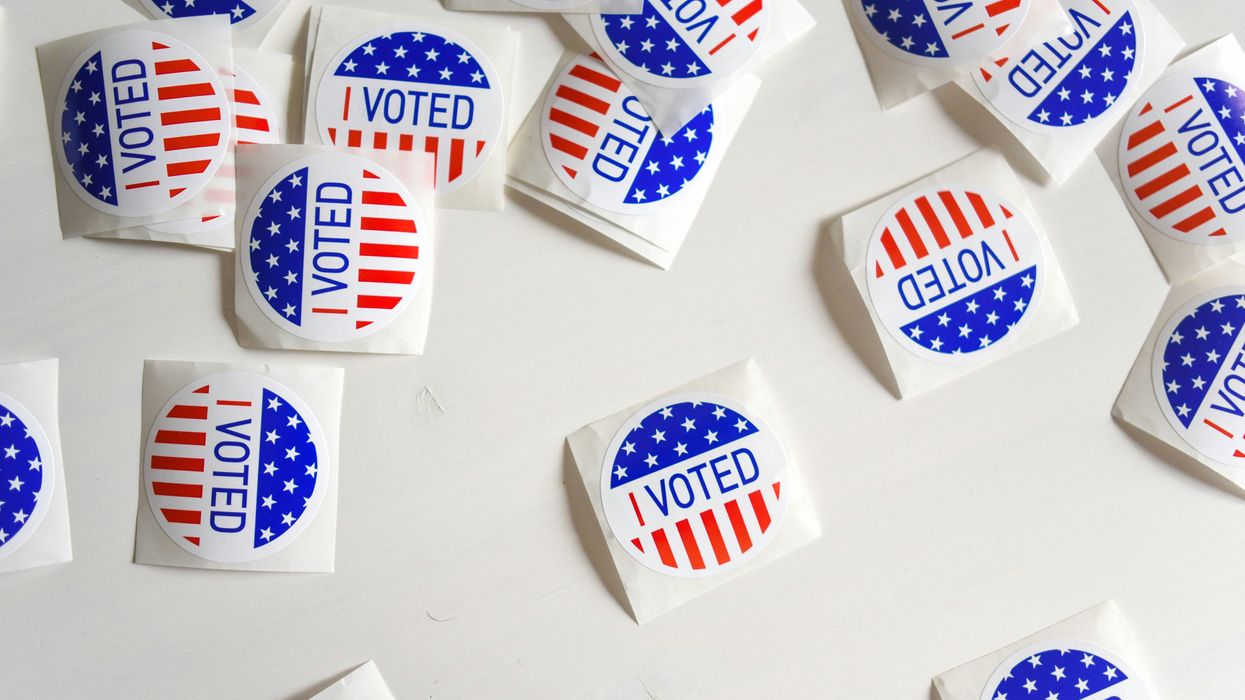Advocates of toughening campaign finance regulation are thrilled by a judge's ruling in Alaska this week, which they view as a potential starting point for reversing the Supreme Court decision that opened the floodgate of money into politics this decade.
The agency that upholds the state's election laws, the Alaska Public Office Commission, must reinstate enforcement of a $500 annual cap on personal contributions to political action committees and other independent groups seeking to influence elections, Judge William Morse of Superior Court in Anchorage ruled Monday.
The judge also asked the Alaska Supreme Court to use his decision to review the constitutionality of the state's entire campaign finance law in hopes of a tougher-is-better decision because, he said, he found the "credible and convincing" evidence "about the vulnerability of Alaska's political environment to corruption to be very powerful and concerning."
Such a ruling from the state's top court could eventually lead to many of the same issues addressed nine years ago in the landmark Citizens United v. FEConce again going before the Supreme Court.
"This decision gives Alaskans and all Americans a chance to revisit those destructive decisions," said Lawrence Lessig, the prominent law professor who founded the campaign finance reform group Equal Citizens and helped develop the lawsuit. "It will allow us to continue to make our case that the Framers did not wish to see super PACs. Just the opposite: they would have despised the kind of corruption we have seen recently, and the Constitution gives states the power to eliminate it."
State regulators stopped enforcing the individual donation limit in 2012, two years after Citizens United, arguing that parts of that 5-4 ruling, and a handful of subsequent lower court decisions in response, had cast doubt on its constitutionality. Seven years later, the judge said, the precedents are clearly supportive of such a limit and the agency has no discretion to avoid enforcing it.
Alaska's campaign finance law also set limits on independent expenditures in state campaigns, but those have not been enforced since the headline ruling of Citizens United: Corporations, nonprofits and unions have a First Amendment right to spend as much as they want on federal campaigns.
The campaign finance case comes at a time when Alaska politics is in one of its frequent upheavals, with a group seeking to recall Republican Gov. Mike Dunleavy now suing after state officials said the grounds were insufficient for kicking the governor out in the middle of his term. Critics say he's incompetent and has recklessly tried to slash spending. Supporters say he's the victim of an effort to undo the 2018 election, which Dunleavey won in an upset after the incumbent dropped his bid for re-election a week before Election Day.
"Many Alaskans saw in the last election cycle, with respect to groups that were supporting Gov. Dunleavy from out of state and things like that, that these independent groups can be very similar and very closely aligned with the campaigns," Jason Harrow, another attorney for the plaintiffs in the contribution suit, told Alaska Public Media. "Because they're technically independent, there's no limits that apply. And that's what we were targeting."

